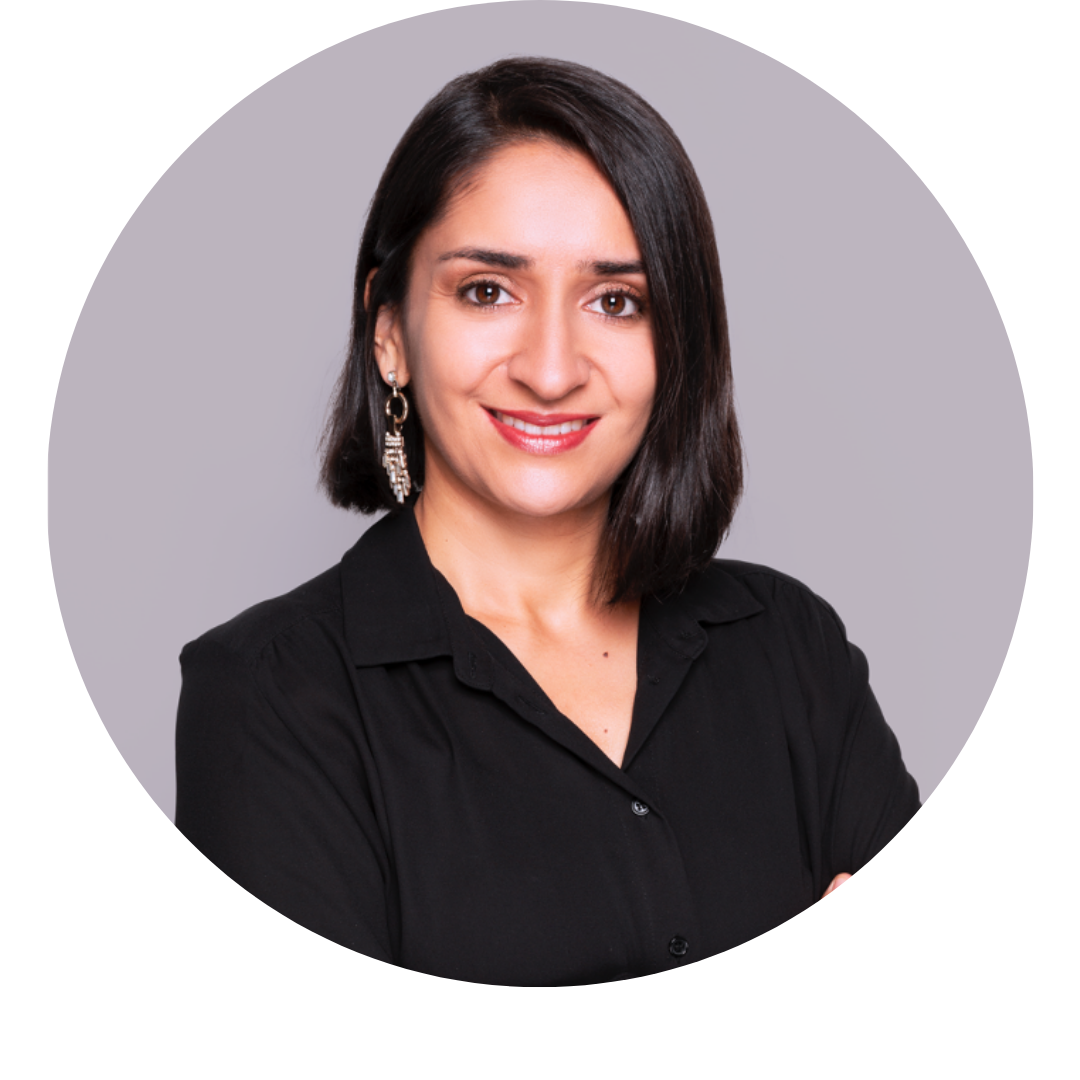Applications
 Part of the Oxford Instruments Group
Part of the Oxford Instruments Group
Expand
Collapse
Since winning the Lee Osheroff Richardson Prize in 2019 for her contributions to the understanding of novel superconductors, Professor Paula Giraldo-Gallo has expanded and diversified her research portfolio to include studying multiferroicity at room-temperatures with fascinating results.
We are thrilled to announce that as of this year, Paula is joining the Science Prize Committee, and is excited to explore the latest contributions of the next cohort of brilliant talent. We sat down with Paula to discuss her fascinating research, how moving from the USA to Colombia fundamentally changed her research focus, the importance of science prizes like Lee Osheroff Richardson in a young scientist’s career, and what it means to her to be joining the committee.
Can you tell us a bit about the research for which you were nominated for the Lee Osheroff Richardson prize in 2019?
After researching high-temperature superconducting materials and how valence skipping elements can enhance superconductivity during my PhD, I moved to a high magnetic field lab for my post-doc. During this time, I worked with cuprate superconductors to research the strange metal phases of these materials in magnetic fields up to 100 Tesla. It was during this work that we discovered that the magnetoresistance in the strange metal phase is linear up to these fields. It was this discovery, and the research into different novel superconductors in extreme conditions, which I was nominated for the Lee Osheroff Richardson Science Prize.
Where has your research taken you since winning the prize?
This one is an interesting story! After winning the prize, I moved to the Universidad de Los Andes in Colombia. Going from the US to a developing country, there was a noticeable difference in opportunities and resource availability, and so I had to diversify my research portfolio. Extreme conditions - like very low temperatures and high magnetic fields - were far more difficult to create, and so my research started to include room-temperature physics as well.
As a result, our studies into low dimensional compounds at room-temperature - such as transition metal dichalcogenides - showed some extremely interesting results. We recently published the first report on multiferroicity in this family of compounds, and at room temperature. For this, we used strategies widely used to study materials under extreme conditions, but less used in the field of low-dimensional semiconductors. Importing these strategies into a new field for my group has been very successful.
It taught me a valuable lesson in the importance of adaptability and making the most of opportunities. By diversifying my research portfolio in this way, I helped to discover something I otherwise might not have tried before.
In what ways did winning the prize help achieve your goals?
The prize was crucial in helping me achieve my goals. It gave me a lot of international visibility - more than I had had before - and this is crucial when building a curriculum. Universities want to see young scientists developing this international community, and science prizes like the Lee Osheroff Richardson prize are perfect for just that! Also, prizes tend to snowball. Once you are in the spotlight, and have an international stage, more and more people will look at your research and so you will receive more recognition. The impact that this can have on your career cannot be overstated!
I recently made tenure at my current university, and I know that the prizes were a really important factor in that decision. The committee recognised the international visibility that these prizes give and that institutions want professors to have. So, I am extremely grateful for the opportunities and support the science prizes, and Oxford Instruments through sponsoring them, have provided me in my career.
Congratulations on joining the prize committee this year. What are you most looking forward to with this new position?
I feel extremely honoured to be part of the committee. I am passionate about promoting science prizes among the young science community, and I am extremely excited to hear, see, and dig deeper into what the young talent is doing today. I know that I will learn from them, too, and no doubt have some great discussions with the committee on the interesting physics that comes out of the prize nominations.
I also want to take this opportunity to encourage people to apply. Sometimes you might feel your research is not important or is not worth a big prize like this. You might feel humbled by the curriculum of past winners. But, this should not deter you! Your research is important and will be highly appreciated by the committee. It will make a big difference to your career by having that recognition, being in the spotlight, and speaking to the media and public about your research. It is an opportunity that scientists across the board should make the most of more. So, just go for it!
Professor Paula Giraldo-Gallo is an Associate Professor of Physics and leader of the Quantum Materials research group at Universidad de Los Andes, Colombia

Professor Paula Giraldo-Gallo
Lee Osheroff Richardson prize alumna and committee member
"Going from the US to a developing country, there was a noticeable difference in opportunities and resource availability, and so I had to diversify my research portfolio."
"I recently made tenure at my current university, and I know that the prizes were a really important factor in that decision."
"It is an opportunity that scientists across the board should make the most of more. So, just go for it!"